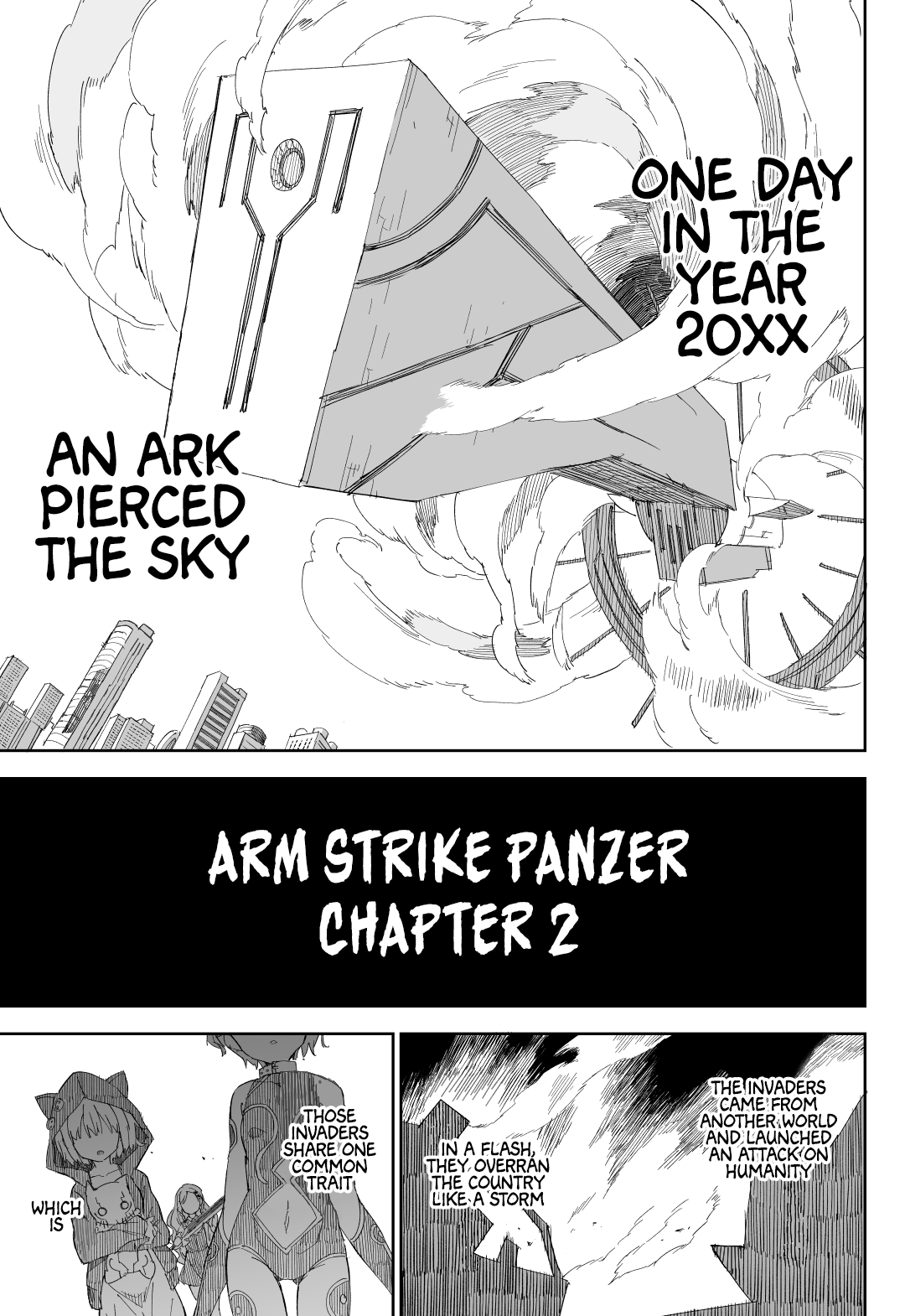
VAR Audio Bombshell: Referee Reveals “Red For Forceful Arm Strike To The Head”
An Inside Look into the VAR Controversy
In a shocking turn of events, an audio recording has been released that reveals the private communication between the video assistant referee (VAR) and the on-field referee during the controversial Arsenal vs Manchester City match. The recording has sent shockwaves through the football world, sparking a heated debate about the use of VAR technology and the decision-making process involved.
The Incident and VAR Intervention
The incident in question occurred during the second half of the match, when Manchester City’s Bernardo Silva collided with Arsenal goalkeeper Bernd Leno. Silva’s arm struck Leno in the head, and the on-field referee initially ruled it as a yellow card offense. However, after reviewing the footage with the VAR, the referee decided to upgrade the punishment to a red card, resulting in Silva’s dismissal.
The Referee’s Explanation
The audio recording reveals the thought process behind the VAR decision. The VAR informed the referee that Silva’s arm movement was “forceful” and “struck the goalkeeper in the head with excessive force.” The VAR also noted that Silva “had time to avoid the goalkeeper,” which further justified the decision for a red card.
Different Perspectives and Reactions
The VAR decision has been met with mixed reactions. Some believe that it was the correct call, arguing that Silva’s действия were reckless and warranted a sending-off. Others maintain that it was a harsh decision, as Silva did not intentionally strike Leno with excessive force. The decision has also raised concerns about the consistency of VAR usage, as similar incidents in other matches have not resulted in red cards.
Impact on the Match and Beyond
Silva’s red card had a significant impact on the match, as Manchester City was forced to play with ten men for the remaining 30 minutes. Arsenal went on to win the match 2-1, which has further fueled the debate about the use of VAR and its potential to alter the outcome of games.
Expert Opinions and Research
Experts in football law and refereeing have weighed in on the matter, with some supporting the VAR decision and others expressing concerns. Some research suggests that VAR has helped to reduce the number of incorrect calls in football, while others indicate that it may be leading to an increase in subjective interpretations and inconsistency.
Reflection on the Broader Implications
The VAR audio bombshell has highlighted the complexities of using technology in football refereeing. While VAR has the potential to improve the accuracy of decisions, it also raises questions about the role of the on-field referee, the consistency of decision-making, and the potential for excessive penalties.
As the use of VAR continues to evolve, it is crucial to find a balance between technological assistance and the human element in refereeing. The lessons learned from the VAR audio bombshell can help to inform future developments and ensure that VAR is used in a fair and consistent manner that benefits the sport as a whole.
Conclusion
The VAR audio bombshell has sparked an important conversation about the use of technology in football refereeing. While VAR has its advantages, it is essential to address the concerns and questions raised by its implementation. Through ongoing dialogue and analysis, the football community can work together to find the best way to use VAR and ensure that it serves the game in the most positive and fair way possible.
